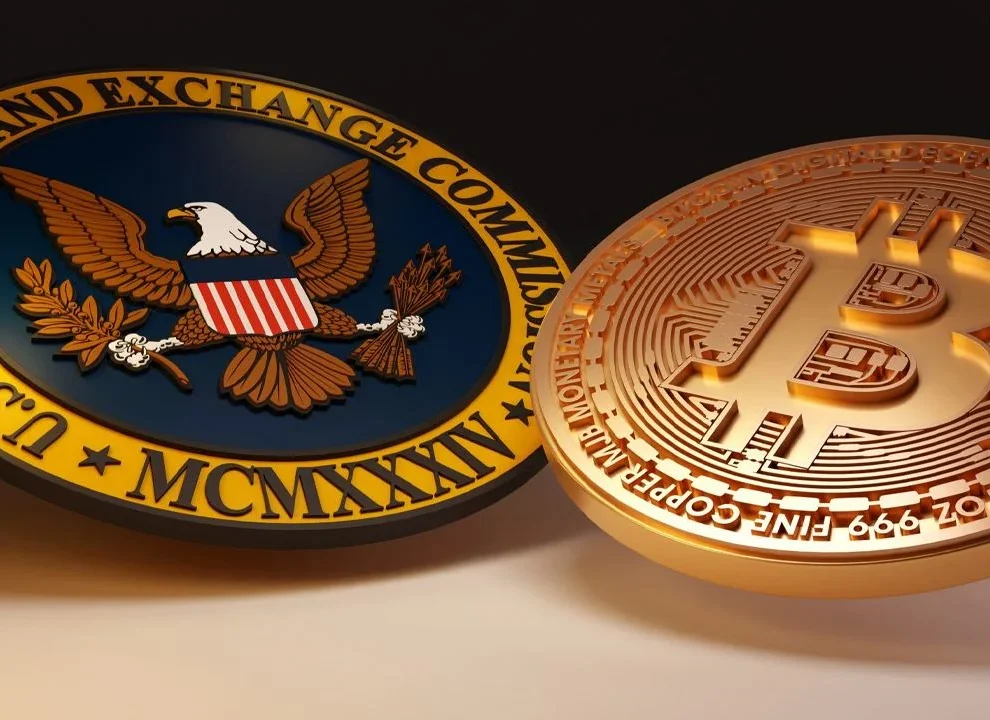- The US Securities and Exchange Commission (SEC) has given its nod to Bitcoin exchange-traded funds (ETFs), marking a watershed moment in the cryptocurrency’s journey.
- “While we approved the listing and trading of certain spot Bitcoin ETP shares today, we did not approve or endorse Bitcoin,” said SEC Chairman Gary Gensler, in a statement.
- The decision comes fifteen years after the mining of Bitcoin’s genesis block and follows a decade of consistent rejections by the SEC, which had cited concerns over the safety of such investment vehicles.
In a significant turn of events, the US Securities and Exchange Commission (SEC) has given its nod to Bitcoin exchange-traded funds (ETFs), marking a watershed moment in the cryptocurrency’s journey. After a false start with a Twitter hack yesterday, the official announcement confirmed the approval, allowing 11 spot Bitcoin ETFs, including those from industry giants Grayscale, Fidelity, and BlackRock, to enter the market.
Anticipated approval
The decision comes fifteen years after the mining of Bitcoin’s genesis block and follows a decade of consistent rejections by the SEC, which had cited concerns over the safety of such investment vehicles. However, this about-face suggests a changing tide in regulatory sentiment, signaling a willingness to integrate Bitcoin into the traditional financial system it was initially designed to challenge.
SEC Chairman Gary Gensler clarified the agency’s stance, stating, “While we approved the listing and trading of certain spot Bitcoin ETP shares today, we did not approve or endorse Bitcoin. Investors should remain cautious about the myriad risks associated with bitcoin and products whose value is tied to crypto.”
“While we approved the listing and trading of certain spot Bitcoin ETP shares today, we did not approve or endorse Bitcoin. Investors should remain cautious about the myriad risks associated with bitcoin and products whose value is tied to crypto.”
Gary Gensler, SEC Chairman
Also read: A tremendous leap for BTC: Its ETF future is coming
Future trading patterns
For a decade, the SEC has thwarted every attempt to launch a Bitcoin ETF, a financial instrument resembling a mutual fund but traded on exchanges. This approval implies that investors can now gain exposure to Bitcoin without the complexities of managing a personal wallet, potentially attracting a new wave of participants who have been on the sidelines.
Crypto enthusiasts are buzzing with excitement, as ETF-issuing companies will be required to acquire corresponding amounts of Bitcoin to back their funds. While the immediate impact on Bitcoin’s price was modest, the long-term implications are substantial. Traditional institutional investors, such as pension and insurance funds, may now enter the crypto space, driving increased demand for Bitcoin.
Currently, investing in cryptocurrency often involves buying shares of companies like Coinbase and MicroStrategy, the latter holding over $8 billion in Bitcoin as of January. However, the advent of Bitcoin ETFs could reshape the landscape, potentially diminishing the value of these companies as a proxy for crypto investments.
The SEC’s historical reluctance to greenlight Bitcoin ETFs began to crumble last April when a court deemed the denial of a Grayscale ETF as “arbitrary and capricious.” This ruling set the stage for the recent approval, especially considering the existence of an ETF based on Bitcoin futures.
Also read: Bitcoin’s rollercoaster ride at the start of 2024
More details on the road to success
However, the road to approval was not without its bumps. A Twitter hack targeting the SEC’s account falsely claimed approval of Bitcoin ETFs just a day before the official announcement, leading to brief confusion and speculation in the market.
As the crypto industry adapts to this regulatory shift, opinions are divided on the long-term impact of Bitcoin ETFs. Industry experts stress the potential for broader institutional participation, while skeptics warn of the associated risks and urge investors to tread carefully in the volatile world of cryptocurrency.









